WHY MEDIATION & PROCEDURE
Why Mediation & Procedure
Mediation is a serious
alternative to court,
arbitration or
adjudication although mediations can take place after proceedings have started
Mediation is an intervention in a dispute with the purpose of attempting to resolve it and, unlike adjudication, an agreement reached at mediation is final.
It can offer a cost-effective and time-efficient method of reaching a resolution supported by expert mediators who understand the power of mediation in reaching a settlement that both parties are happy with.
The mediator will help the parties resolve their dispute before a judge, arbitrator or adjudicator imposes a decision. Our accredited mediators are experienced in adjudication and, in suitable cases, advocate mediation in preference to this.
Mediation
is flexible
In our experience, many disputes within construction and insurance can be resolved by expert mediation, ensuring that clients find a cost-effective and professional means to overcome problems for the benefit of all project stakeholders.
Construction and insurance disputes commonly involve more than one party, for example employers, contractors and sub-contractors. Mediation is a mechanism for all parties to be involved in finding a suitable outcome. However, an adjudicator is only able to deal with one party and cannot generally decide more than one dispute.
it
is quick AND CONFIDENTIAL
Mediation can offer a quicker solution to finding a resolution than adjudication and our administrators are always on hand to make any necessary arrangements, sometimes at short notice.
Mediation is less expensive than adjudication. It is much less expensive that court or arbitration. Mediation is private. Court proceedings and adjudication are not.
WHY APPOINT AN M4CI ACCREDITED MEDIATOR?
Our mediators are independent, neutral and do not take sides but will use their knowledge and experience of the law, construction and insurance sectors to rigorously test what each party is saying and ask why.
During the mediation day, the mediator will use their expertise to help parties decide on what terms a case might be settled, abiding by our code of conduct and our service guarantee.
The entire process is confidential and without prejudice subject to limited exceptions.
If parties are unable to reach agreement, they can still go to court, arbitration or adjudication. Sometimes mediation takes place when proceedings have already started.
Unlike adjudication, arbitration or court proceedings the parties can talk to the mediator in private and in complete confidence.
Voluntary
A party cannot force another party to mediate
However, the potential benefits of mediation outweigh the alternatives.
The Court does not have the power to order mediation but does have discretion to penalise a party who unreasonably refuses a request to mediate.
The sanction the court may impose will be in terms of legal costs; it is possible that the Court will order a successful party to pay the other side's costs if the Court decides that the successful party unreasonably refused an offer to mediate.
A party may invite the other party(s) to mediate. An example of a letter that can be used to make an invitation to mediate can be found here.
PROCEDURE
A mediation
organised by M4CI has 4 stageS
1.
Appointment of the mediator
Our admin team will send the
terms of appointment for agreement
by the parties and
arrange the date and venue.
Once the parties have signed the mediation agreement and returned it to our administration team the mediation can proceed to stage 2.
2.
PRE-MEDIATION
The parties send the mediator the materials needed so that the mediator can understand the case.
The mediator may hold a pre-mediation telephone call if clarification is needed.
3.
Mediation
settlement meeting
The day of the mediation. There are no set procedures but the
mediation agreement
sets some ground rules.
4. Attempt at Settlement
If the parties are able to reach agreement this often occurs at the mediation settlement meeting, but sometimes the parties settle later.
If settlement is not reached on the mediation day, the mediator will assist the parties to settle later for an additional fee.
Sign up to our Newsletter
Winner of the Innovation Award - south west built environmental awards 2018

COMPANY DETAILS
NAGIVATON
Copyright © 2016 Mediation for Construction and Insurance | Company Reg. No: 8750338
Mediation for Construction and Insurance and M4CI are trading names of Mediation4Construction Limited.
The organisation is a provider of mediator appointment services and does not hold itself out as offering legal services.

